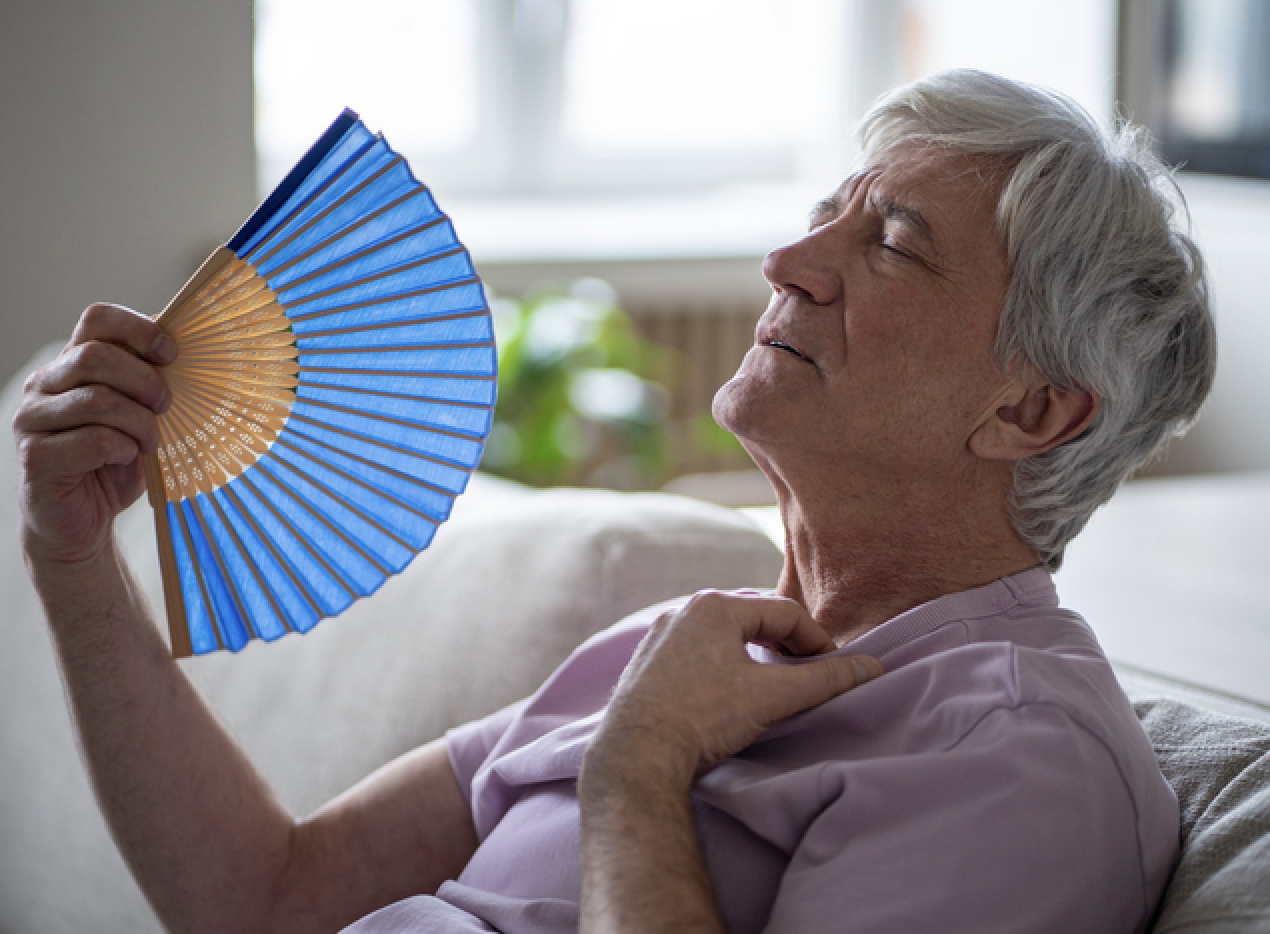Hot And Bothered: The Worsening Health Effects Of Extreme Heat Waves
September 3, 2025

So, how did you do with the heat this summer? Were you able to keep yourself cool and calm as the temperatures soared? Were you able to find an air-conditioned respite when it became too hot to spend time outside? While the data is not yet registered for the summer of 2025, we do know that record numbers of heat waves were seen around the world, and that 2025 is shaping up to be one of the warmest years on record. As one article recently summed it up, this summer may have been the coolest summer you will ever experience for the rest of your life.
And research results about the health effects of dangerous heat waves continue to pour in. While we’ve previously noted that extreme temperatures could affect everything from biological aging to emergency room visits, we now have even more evidence of the dire health effects populations around the world experience from prolonged exposure to heat waves. A new study just released in Nature Climate Change adds to the mounting evidence that high levels of heat exposure can cause serious damage to the fundamental tissues and cells in your body. According to this study, repeated exposure to heat waves can be as harmful to your body as smoking or drinking alcohol. The more heat waves you are exposed to, the more accelerated the biological aging of your body, putting you at higher risk for such chronic diseases as cancer, diabetes, cardiovascular disease, and dementia. Those who do outdoor manual labor, live in rural areas, and have less access to air conditioning are thought to be at particular risk. Furthermore, the study demonstrated that none of us is really safe from the effects of climate change on our physical and emotional well-being. Studies show that in the US alone, there are now 6 significant heat waves each year, up from just 2 heat waves a year during the 1960s. Millions of people, both in the United States and around the world, are vulnerable to these biological aging consequences of long-term heat exposure. Moreover, recent research published in Cell describes the impact of ongoing heat exposure on emotional well-being. Researchers from MIT examined social media posts around the world and found that when temperatures rose above 95 degrees Fahrenheit, sentiments expressed became more negative. So grab a cool cloth and read more here.
There is also significant data to suggest that cardiovascular disease deaths related to heat exposure are on the rise. According to a recent post in Healio, heat-related cardiovascular death is projected to increase by 162% between now and 2065, and it’s reported that Black individuals and older adults will experience the greatest number of cardiovascular-related deaths. Heat puts tremendous stress on your cardiovascular system, causing your heart to have to pump harder and also potentially putting you at risk for blood clots.
This discovery of the harmful health effects from heat exposure comes at a time when populations around the globe are aging and apparently unprepared to deal with the impact of heat waves. It appears that older adults often do not realize how vulnerable they are to the effects of prolonged heat exposure. As an example, heat-related deaths among older adults often happen during the night, suggesting that these victims were unaware of the threat posed by heat. In a study published in PLOS Climate, researchers implored public health officials to create more formalized responses to the heat vulnerability of aging populations, including better coordination of services, better allocation of resources, and better dissemination of information warning older adults of their vulnerability.
It appears that whether or not you believe in climate change, no one will escape the impact of extended heat exposure on their physical and emotional well-being. It becomes essential, then, that as the weather heats up, you have access to cool places, either in your home or in common community spaces. For those of you looking for an air conditioner to beat the heat, the off-season is often the best time to get a deal. For some recommended units to slip into your window next year, take a look at these up-to-date recommendations from Consumer Reports.







